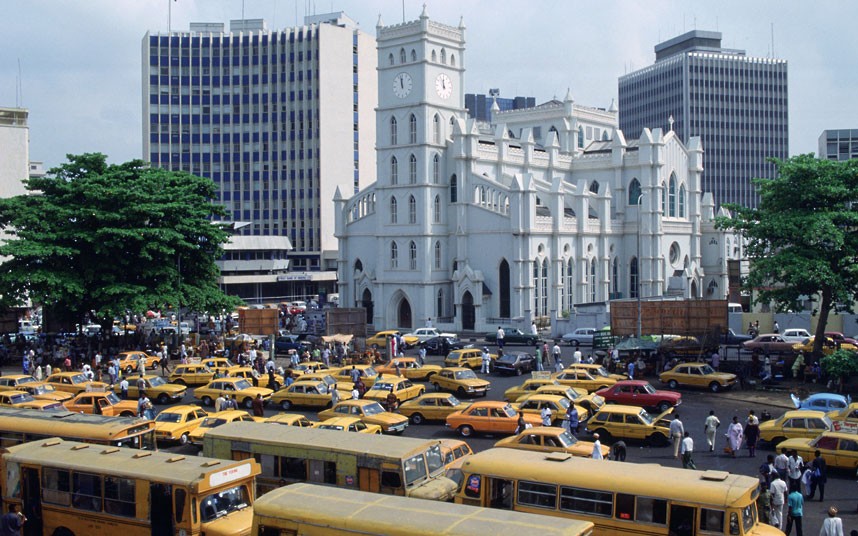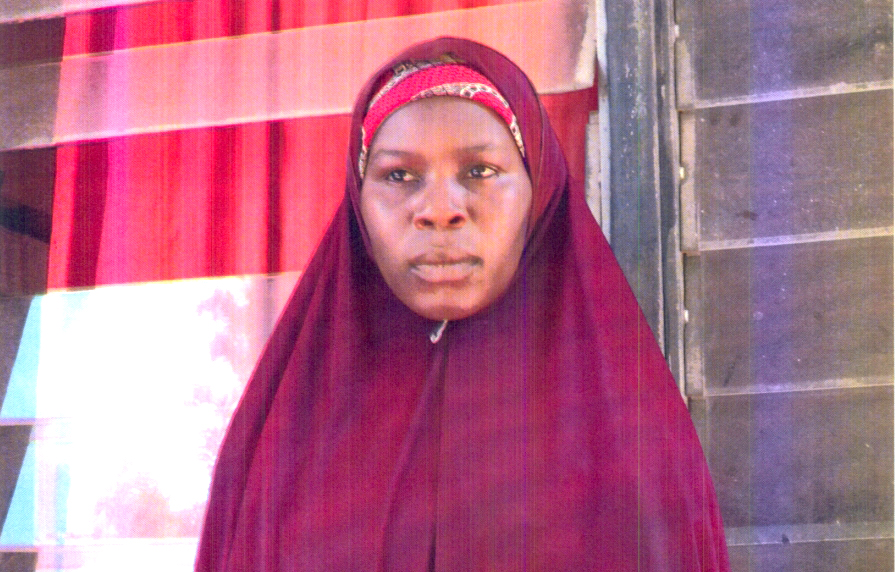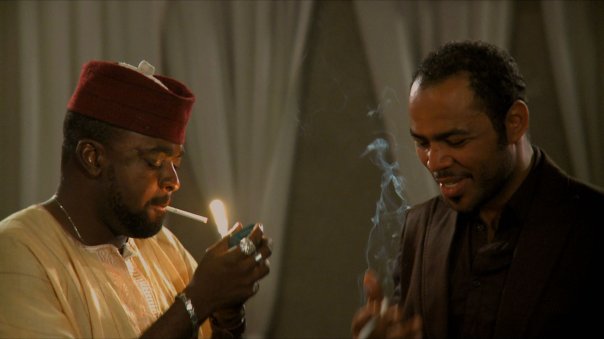Although foreign investors are buying Nigeria’s assets, any terror attacks down south could put off even the established ones among them, Citigroup’s country officer, Mr. Omar Hafeez, has told Reuters.
Nigeria’s reputation as a preferred investment destination in Africa continues to hold, attracting capital equity and debt investors amid security concerns.
Citi said it has traded $1.1 billion worth of Eurobonds for three local lenders this year alone ─ which is considerably good news.
Hafeez described the investment community as “very well informed”, noting that Nigeria is a loan market and financial investors have been tapping into treasury bills and bonds for a very long time.
Advertisement
“The way the market looks at Boko Haram… it’s still relatively restricted in terms of geographic presence… but an increase (of attacks) to anywhere in the major centres will have consequences,” he told Reuters.
Fears are growing that Boko Haram could extend its five-year-old terror campaign to the south following a series of terror-rated arrests and incidents.
Lagos, Nigeria’s commercial hub where over 60% of the country’s economic activities take place, has already stepped up security as a result of credible reports that the insurgents could target the state, TheCable reported on Wednesday.
Advertisement
Hafeez said Nigeria is witnessing an increase in both foreign direct investments and portfolio flows and expressed expectations that more Eurobonds will be issued by the country’s banks.
Citi ─ the largest arranger of Eurobonds in Nigeria ─ sold $500 million for Zenith Bank, $400 million for Access Bank and $200 million for Diamond Bank in the first half of the year.
“The demand for long-term dollars is increasing in Nigeria as industries such as oil and gas and power develop,” he said.
Because the demand could not be met locally, he said, banks are tapping Eurobonds to bolster their capital bases and also to finance big-ticket deals in the oil and gas and newly privatised power sectors.
Advertisement
Coordinating minister for the economy and minister of finance, Dr. Ngozi Okonjo-Iweala, told Reuters on Tuesday that the insurgency in northern Nigeria will hamper the country’s economic growth by 0.5% this year.
1 comments







Interesting Read